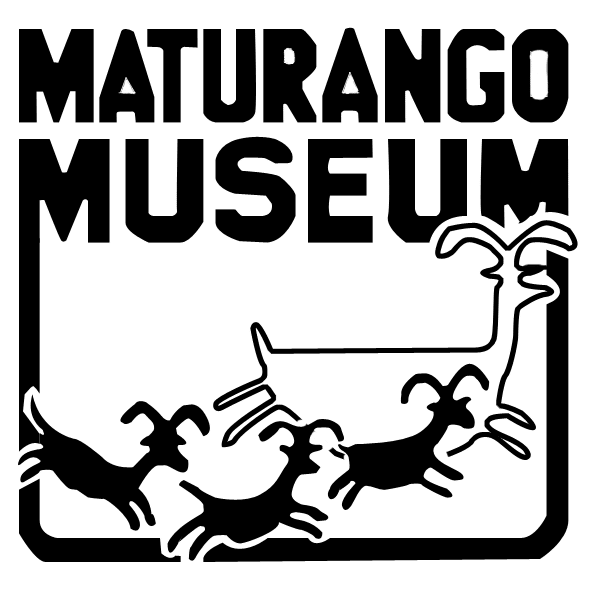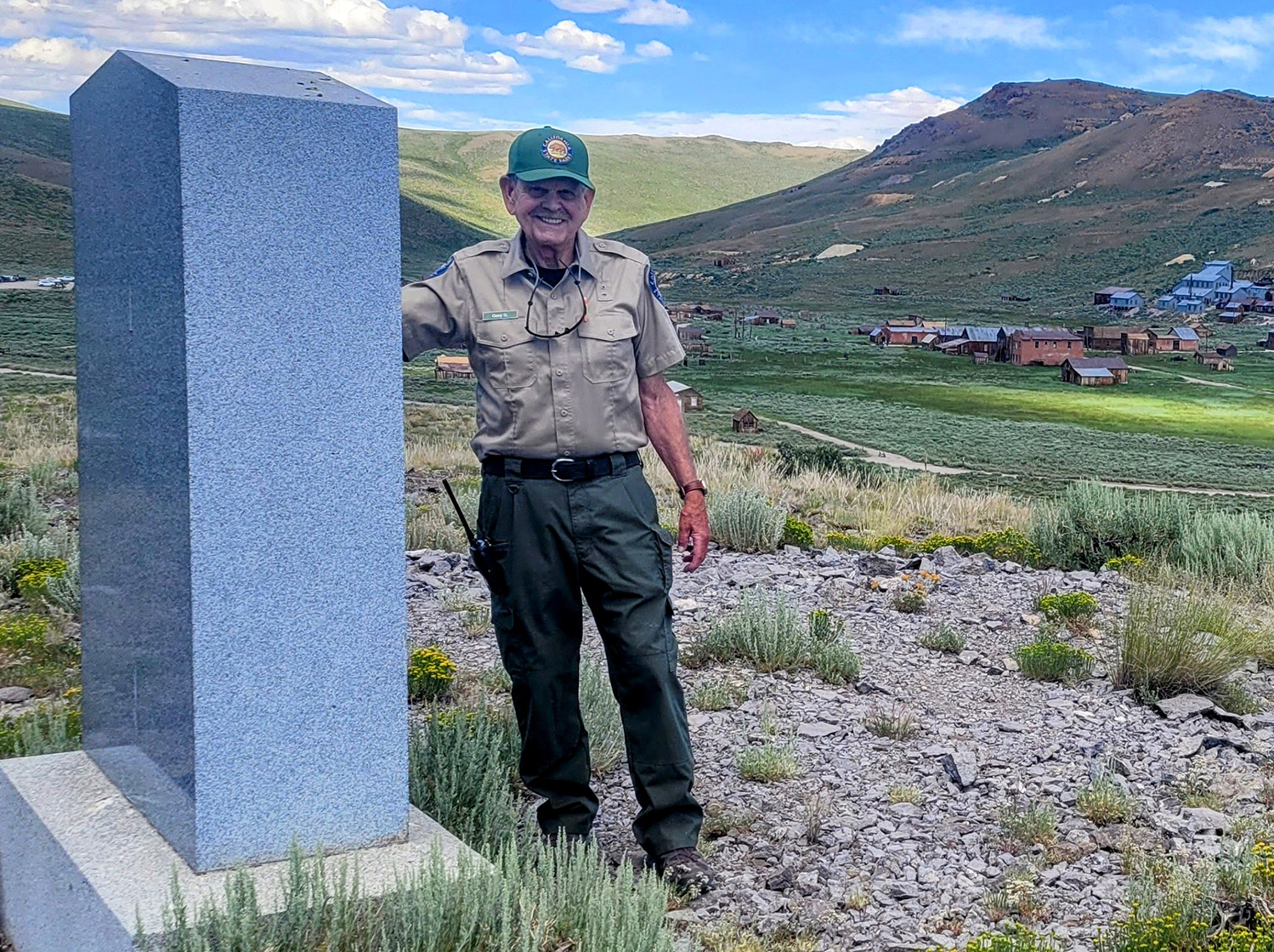The Town, the People, and the Gold- Bodie, CA
Bodie
“The town, the people and the gold – the history and tall tales from a California ghost town”
On November 9, 2023, at 6:30 pm, Gary Staab will give a presentation on the ghost town of Bodie and the adventures he had there as a State Park aide.
In the summer of 1859, W. S. Bodey and ‘Black’ Taylor filed a claim after finding a placer deposit in the hills 10 miles north of Mono Lake, in what became known as the Bodie Mining District. This single and seemingly meek gold strike was to become the focus point of many prospectors over the next 15 years, each searching for that vein of gold that would make men rich. Meanwhile, other strikes like those in Virginia City, Aurora, and Cerro Gordo competed for men and women seeking fame and fortune throughout the 1860s and into the 1870s.
Although the mining activity was slow compared to other mining districts, it was relatively consistent. That all changed in 1875 when a very large deposit of gold ore was discovered by accident. Prospectors came by the hundreds, followed by saloon keepers and business proprietors of everything imaginable while investors stood in line to capture some of this newfound wealth coming out of the hills around Bodie. This bonanza gave birth to a town of 1,000 buildings and 7,000 residents within two years that included a Chinatown on the north end and a horse race track on the south end of town.
Arrastras were replaced with state-of-the-art stamp mills with equipment that was transported from San Francisco via train and mule teams. The boilers used to power this equipment in the mills and mines required 20 cords of firewood each day that had to be harvested and brought to town by the Chinese and their mules. In 1881 a railway was built to bring wood up from the south side of Mono Lake to keep up with the demands of a growing community. However, within the first 12 months of the railway’s operation, Bodie’s population declined as new gold strikes became scarce.
Bodie’s decline progressed with the help of two large fires and economic downturns resulting in mining being reduced to only the most productive of the mines on Bodie Bluff. In the face of economic hardships and a dwindling population, the Standard Mill and Mining Company sought out more efficient and less costly methods to operate and extract gold. In 1892, the mines and mill were converted to electricity and two years later, the cyanide process was introduced to recover additional gold.
All mining operations ceased in 1942 by order of the U.S. Government and most of the remaining people in town left to seek new employment. A handful of residents remained until the State of California purchased the town site and designated it a Historical Park in 1962.

